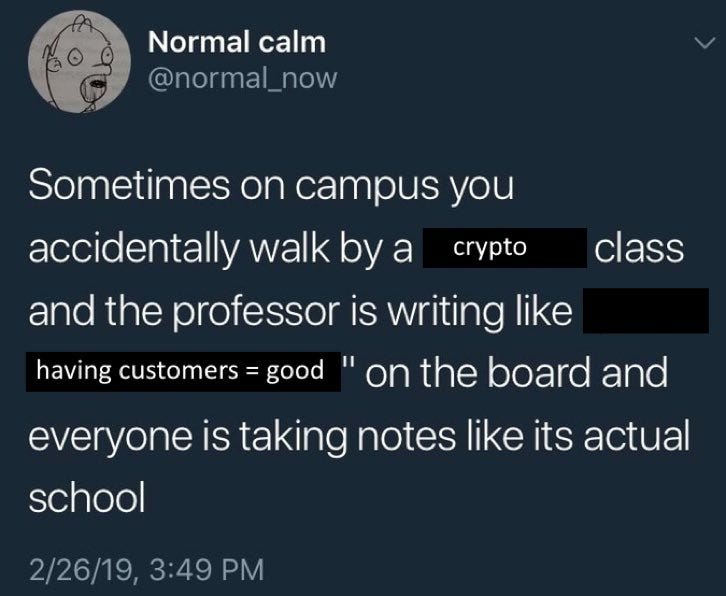decoding ungovernance
the Tally newsletter, issue 129
welcome back to the Tally newsletter, your weekly source for DAO governance insights. i'm coolhorsegirl and i’m so happy to be here. 🟣
this week, we’re talking ungovernance, a novel approach to DAO decision-making that directly solves what is potentially DAOs’ biggest critique: slowness.
we’ve also got two proposals for you out of Arbitrum DAO re Procurement Committee and Rari about rewarding delegatees with the remainder of the Incentives budget. let’s get into it 👇
🤿 deep dive
this week, we are talking “ungovernance”—a shift towards minimizing human intervention in decentralized organizations and a response to one of the biggest criticisms of DAOs: their tendency for delayed decision-making due to excessive decisions to be made. this concept focuses on creating protocols that, once set up, can autonomously adapt and function based on pre-defined algorithms and parameters, thus reducing reliance on human decision-making. the aim is to reduce the risk of manipulation, centralization, and interference in decentralized finance protocols.
one of the primary benefits of ungovernance is the predictability it offers. in an ungoverned protocol, operations are rooted in algorithms and code, reducing susceptibility to manipulative actions. this algorithmic base provides a more stable and predictable environment for investors and users. ungovernance shifts the trust from human actors to the deterministic and verifiable nature of the code, backing up "code is law."
that said, a move towards ungovernance is not without challenges. the market is constantly changing, and ungoverned systems might struggle to adapt, potentially leading to outdated protocols. the absence of human judgment might lead to a lack of nuanced understanding in certain scenarios. furthermore, stakeholders might feel disconnected in a fully ungoverned system, as their input could be deemed irrelevant.
in practice, the implementation of ungovernance can be seen in various frameworks like the GEB developed by RAI, which demonstrates a gradual approach to minimizing governance through distinct levels, with each level marking a step towards a more autonomous and less governed system.
ungovernance challenges traditional models by demonstrating the feasibility of complex transactions and operations without central intermediaries. this evolution poses new considerations for regulators and participants alike and could be a core discussion in decentralized governance over the next year.
⌛️ onchain proposals
💙 Arbitrum
Proposal [Non-Constitutional]: Establish the ArbitrumDAO Procurement Committee
summary: 200k ARB to fund the Arbitrum DAO Procurement Committee (ADPC) kickoff, a group that will administer and facilitate various procurement frameworks within the Arbitrum Ecosystem, like defining how vendors are chosen and how contracts are awarded.
voting ends: february 4th
🟨 Rari
RRC-17: Distribute remainder of Incentives Reward Program budget
summary: distribute the remaining budget of the Incentives Rewards Program proportionally to those who delegated during the program with the aim of incentivizing further participation.
voting ends: february 2nd
💫 DAO talk
🤭 meme of the week
DAOs have more power than you think. that’s a new FUD blaster of an article from Tally and it’s worth a read leading up to ETH Denver where several onchain DAOs are taking the big stage.
~ coolhorsegirl 🐴
p.s.- oink, oink. last week in the bahamas, i swam with the piggies!




